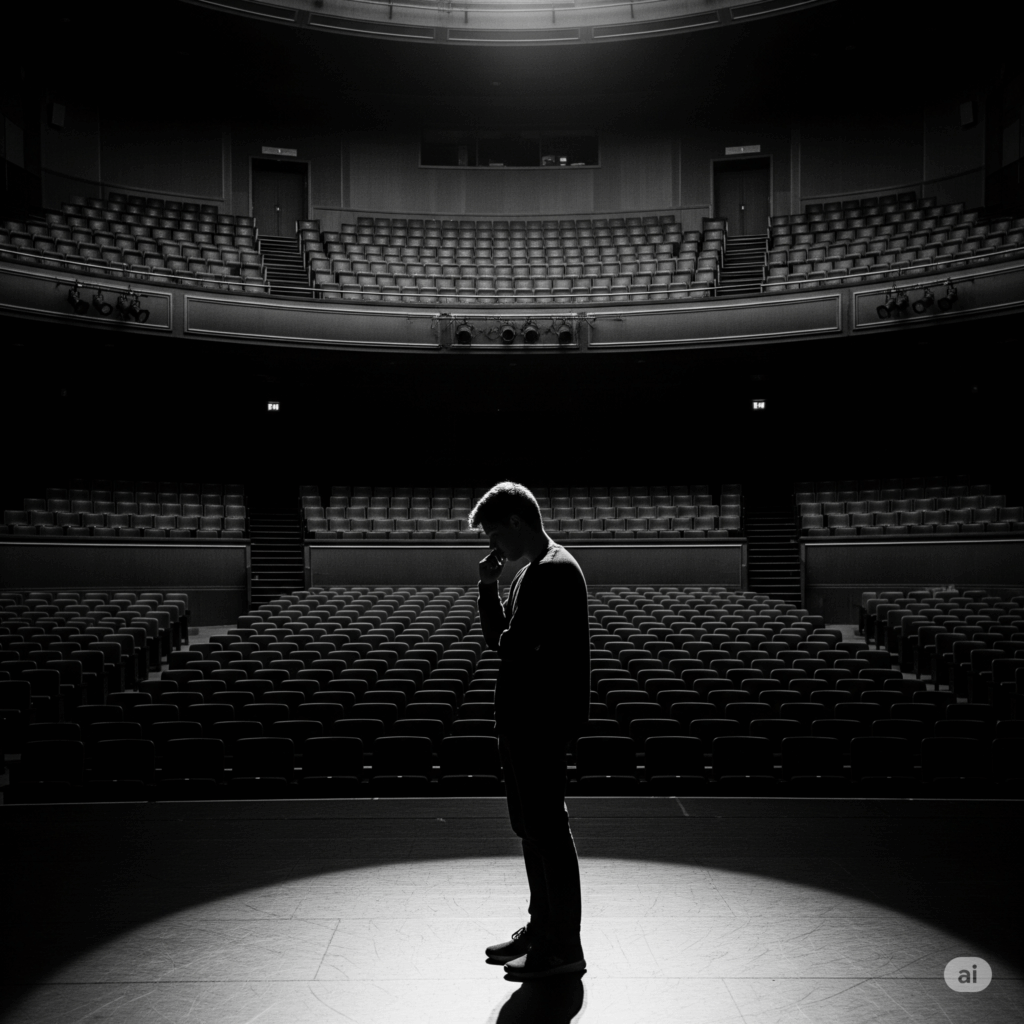Can I compare Ong’s characteristics of an oral culture with our modern world? If so, what does that mean?

This week…
Close to the human lifeworld
According to Ong, an oral culture “must conceptualize and verbalize all their knowledge with more or less reference to the human lifeworld, assimilating the alien, objective worlds to the more immediate, familiar interactions of human beings.”
That’s a long winded way of saying, if it’s not real, or more specifically, not real to me, I’m not going to get it.
Oral minds don’t like abstract.
Ong, then proceeds to look at a really old play/book called the Iliad and the many examples of using metaphors that involve physicality such as “draw on”, “gather upon”, “embark“, …. Where the narrator uses this linguistic devise to keep the audience mentally moving with the plot.
The physical language, is intended to keep an oral culture somewhat engaged.
Side note: Why the old book? Because the older the writing, the closer to primary orality the person who wrote may have been. It’s like asking your grandmother to tell you about the internet. While not exact, the language used or phrasing, would show mental patterns that proceeded it, or when it was truly foreign.
Ong’s ultimate point, is a oral mind abhors the abstract
This idea is supported in an interesting study Cultural Development: It’s Cultural and Social Foundations by A.R. Luria. Which found a rare primary oral culture and studied it’s transition into literacy.
There’s loads of examples in the study that support this idea. Mostly oral minds won’t infer and even refuse to categorize or theorize something they’ve never experienced. Even guessing what someone would think of an outcome was balked at.
On oral mind: “Sure I could theorize why someone wears a red hat, but what’s the point because I don’t know anyone who wears red hats.“
De-abstracting into our lifeworld
So how are we de-abstracting things and bringing them into out human lifeworld? I Immediately can come up with 3 things
YouTube how-to’s
Ong outlines that that this not-relevant-to-me-like thinking extends to to-do lists and how-to manuals. That they would make no sense without seeing or experiencing the actions for oneself.
I wasn’t so sure about that. But then I started thinking, when was the last time I “read” a how-to?
I can’t. My wife repeats those TikTok recipe video’s over and over when making something new.
Me, I had an opportunity to watch my family, and my brother, or from time to time the food network. I always imagine myself as the them. Watching their hands move or techniques to stir and flip. Like I am their apprentice with them, watching.
The only thing I read is the ingredients and rough timelines in between. Oh the scrolling and scrolling I skim on these blogs that hide the actual recipe miles and miles down on the post.
Is this that oral mind kicking in? Or the aliterate one… stop the prose for the love of all things!
Resume’s and the Interview
Those who know me, know I’m in a transition period of my life. But what jumped out to me related to this is …
The resume is an abstract representation of my work life.
So how do businesses convert that abstract to life? How do they cut the abstract?
More specifics – I’ve found over the years the need for more and more specificity, more concrete proof of knowledge with specific metrics to “let us draw upon” experience.
More interviews. – It used to be one maybe at most three, but it’s looking like that number is increasing and they are getting harder and longer. If you pass the resume, then everyone related to your new job, needs to feel buy in and comfort and the only real way, is to bring you into their lifeworld. Which of course means… more interviews.
The real-ification of Disney
Disney is on a big push to make “real” all of their classics. The driver of this could be the economics, or the copyrights, or a million other reasons. At the end they wouldn’t do it if it wasn’t resonating with their audience. Any why is it resonating?
Cartoons aren’t real. They are abstractions of the human lifeworld. The older the cartoon, the more abstract. Newer computer animation have at least some basis on real world physics, older hand drawn animation are more interpretative movements.
And it’s now not just Disney, my kids are super excited to see the real-ification of How To Train A Dragon.
How this applies to my real world
I’m sure there’s other examples I’ll think of over time.
But to end this little exploration off, is to bring it all back to what it means for us. News.
News contains a bunch of things that aren’t in my world: cities and streets I’ve never been to; cultures and people I don’t know about; food I’ve never heard of or tasted; situations I would never in a million years see myself in.
If my oral brain were to be exposed of to any news that isn’t in my human lifeworld, I wouldn’t get it. It wouldn’t stick. I may even think it’s fake.

Wait… have you seen “Italian Brainrot”?
It was Marshal McLuhan’s birthday recently, and in homage, I’m looking at a strange “meme” or art form my kids love. McLuhan referred to art as a DEW…
Distant Early Warning system, that can always be relied on to tell the old culture what is beginning to happen to it
And Italian Brainrot has to be a distant early warning; a commentary on what is and what isn’t in our human lifeword, pushed to an extreme.
It’s this strange mashup of reality. A generative AI interpretation of what could really happen if you take two random things to combine them: A ballerina and a cappuccino, a shark and Nike sneakers, a monkey with a banana body. The list goes on – have fun searching up all the characters, I know my mind was a little blown, and still is a bit by this one.




